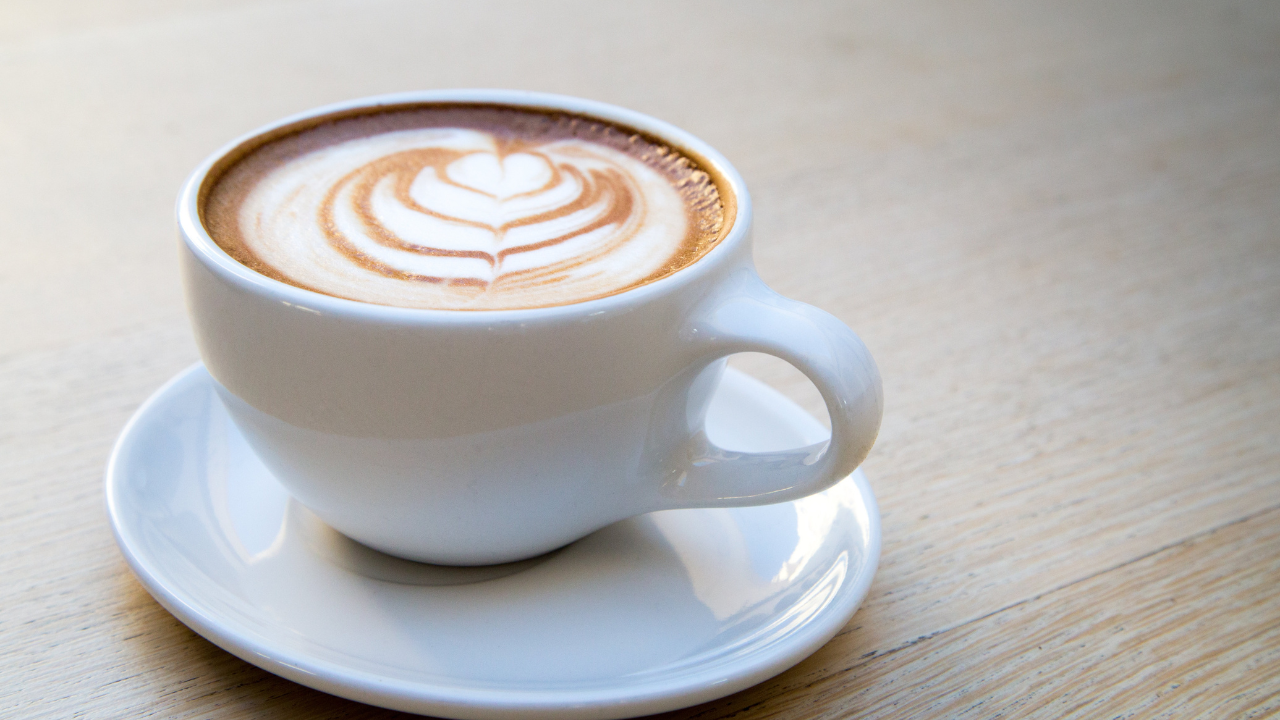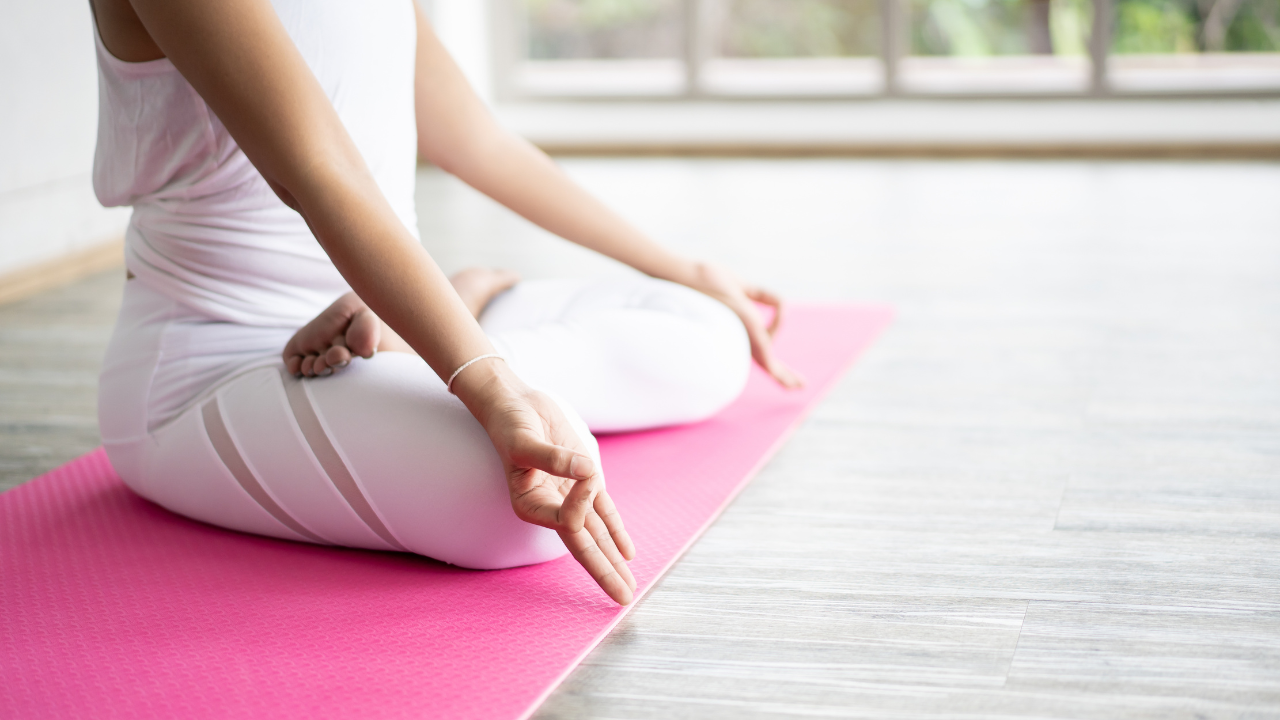
10 Lifestyle Changes to Relieve PMS Symptoms
Jun 26, 2020- Mood swings
- fatigue
- irritability
- depression
- tender breasts
- abdominal bloating
- anxiety
- insomnia
- headache
- fluid retention
- increased appetite with cravings for sweet or salty foods
Does this sound like you in the days leading up to your period? Then you probably have Premenstrual Syndrome – PMS.
Of course, not all women have all the symptoms, and not all affected women have symptoms of the same intensity month after month. Still, PMS can be so severe that some of those affected can’t go about their normal activities.
Conventional medicine treats PMS symptoms with over-the-counter NSAIDs, such as ibuprofen, acetaminophen, or naprosyn. For more severe cases, doctors might prescribe a low-dose birth control pill. Before you go down that road, we recommend trying the following lifestyle changes and supplements, which can go a long way toward relieving PMS symptoms:
1. Avoid alcohol and caffeine (including chocolate). Caffeine can worsen PMS symptoms by contributing to breast tenderness, nervous tension and anxiety.

2. Eat an anti-inflammatory diet, like we’re always recommending here at U Rock Girl. Especially eliminate sugar, refined flour, seed oils and trans-fats. They promote inflammation that can worsen PMS symptoms.
3. Get plenty of omega-3s (from wild Alaskan salmon, sardines and other cold water fish, freshly ground flax seed, and walnuts). They help ease cramps. Alternately, you can supplement with 1000-2000 mg EPA+DHA found in good quality fish oil. Check those labels.
4. Limit your intake of salt, sugar, alcohol and fat throughout the month to reduce the boating
5. Get at least 30 minutes a day of aerobic exercise such as walking, bicycling or swimming to improve mood, relieve stress, and ease PMS symptoms in general.
6. Take some time every day to do some deep breathing or mindful meditation. Yoga really helps, too. This can help reduce anxiety and improve your sleep.

7. Take 1,200 mg of calcium daily (you should notice effects on your PMS symptoms after three months). Use calcium citrate and take it with half as much magnesium glycinate, starting slowly at 200 mg and leveling off at 600 mg. Magnesium can reduce cramping by relaxing smooth muscle tissue in the uterus.
8. Vitamin B6 has been shown to relieve PMS symptoms. The amount found in a good multivitamin or B-complex is sufficient.
9. For breast tenderness, try 500 mg (twice a day) of either evening primrose oil or black currant oil. These are good sources of gamma-linolenic acid (GLA), a natural anti-inflammatory agent.
10. Drink raspberry leaf tea, an effective remedy for menstrual cramps.

